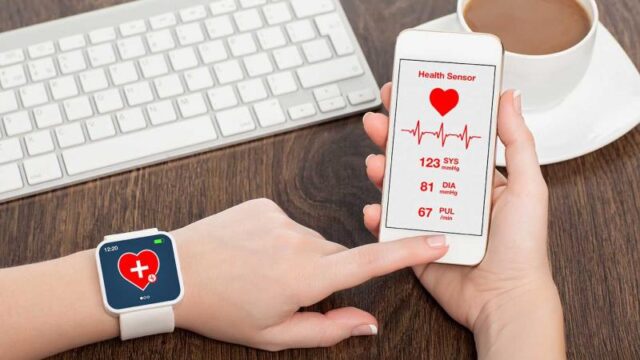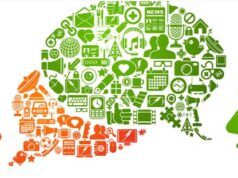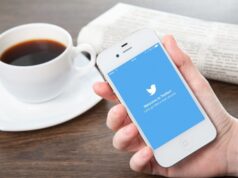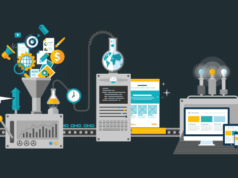

What is mobile health technology? mHealth is one of the health care factory that is rapidly developing today. The promise of this type of technology is to make better health care and make it even more efficient. According to recent study, 83% of U.S. physicians are using mobile health technology for providing care to many patients. Many people see market for mHealth as one of next business revolutions but I think it is still in its early stages, waiting to achieve mass success. The marketplace for mobile technology is evolving because of the growth of smartphone industry itself. If you look at just U.S., there are over 140 million smartphone users. There is no final definition of mHealth or mobile health technology because it’s changing and pretty much new field. We can perceive it as public and medical practice for health that is supported by devices. It’s the use of mobile technology from tablets, smartphones and other gadgets so people can deliver health service or health care.
What are the benefits of mHealth? Doctors can collaborate with other teams of care, communicate with all patients. mHealth also offers monitoring of patients in real time. Doctors can access clinical information, but patients can also themselves use health technology. They are able to have an access to clinical records through smartphones. With mHealth apps like Fitbit patients are also able to track their own data of health. This type of technology is very important, especially in nations that are still not fully developed, mHealth is a valuable tool that can improve health. 5 years ago, 70% of 5 billion subscribers for mobile wirelsses were coming from middle income or low countries. According to some analytics, almost 3 million patients around the world were using service of home monitoring back in 2012. Health technology for mobile allows officials of health government to extend the reach even further into impoverished or rural areas. It’s great that from 112 states of organization for world health have one or more mHealth initiatives in country.
In more developed countries, systems for healthcare are having different goals and policies when it comes to health care goals of population. In Europe and US, big number of consumers and patients are using their tablets or mobile phones for accessing information about their health or inquire about services that are providing healthcare. The newest smartphone technologies are now in hands of many healthcare workers and physicians in countries with both low and middle income. The spread of this technology will open up new paths for projects concerning mHealth such as remote diagnostics, telemedicine, diagnosis support, access to individual information about patient, GPS navigation, Web browsing and many more benefits.
Despite all these positive sides to it, the leaders in health care are in need of new solutions for many challenges. Some of them include full protection for privacy of each patient and their information that is shared through smartphones or other devices and finding out which of mobile health apps are most effective and safest. The usage of mobile phone technology in health care sectors will provide efficiency and increase of healthcare delivery.













